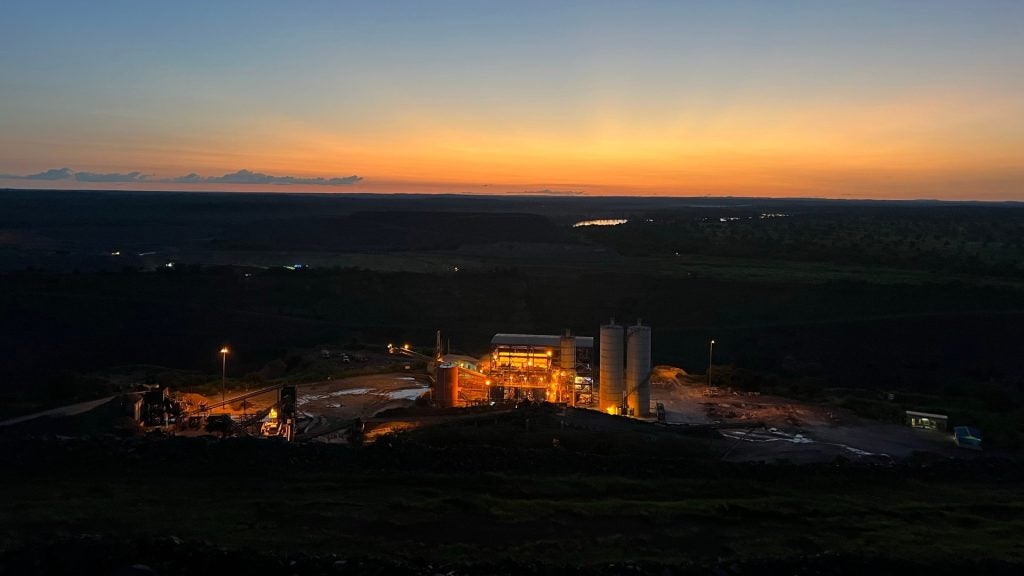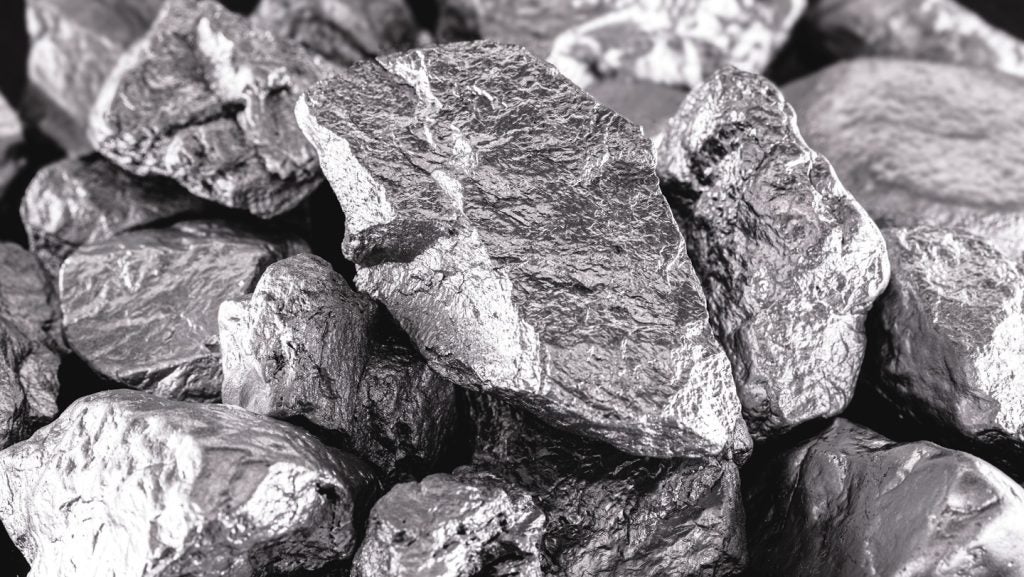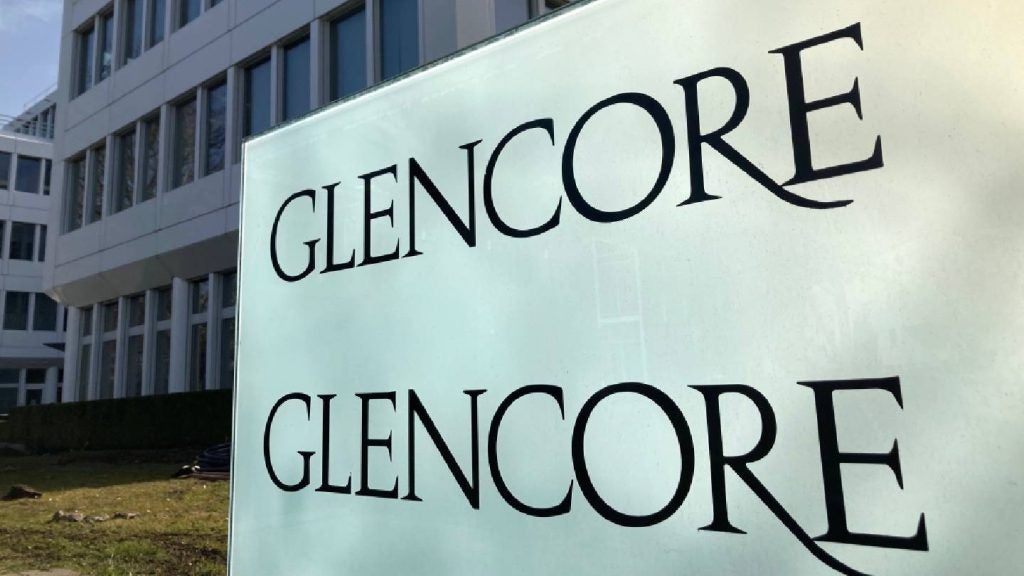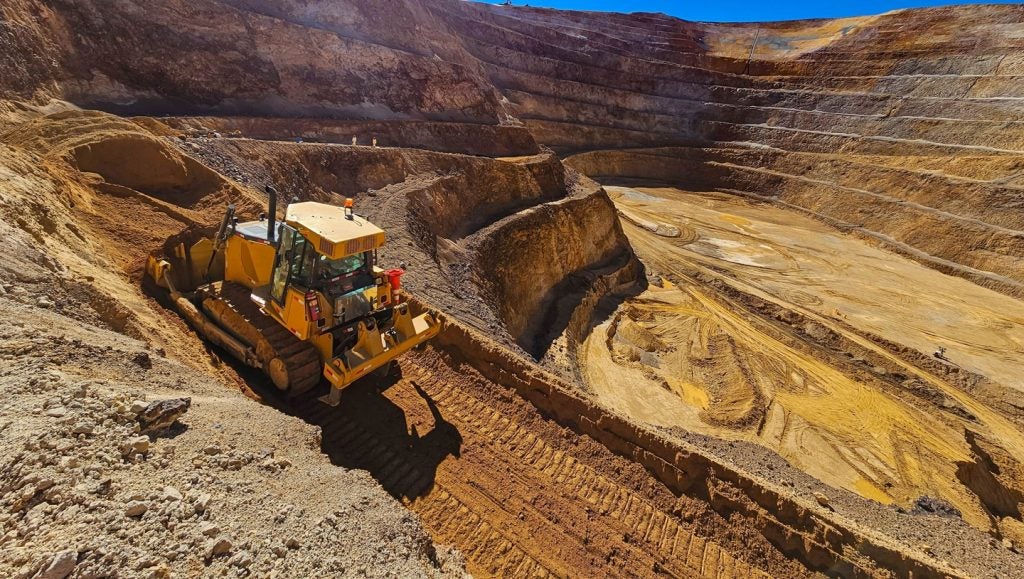In 2022, a panel from the World Trade Organisation (WTO) sided against Indonesia in a case brought against it by the EU. Indonesia had, over the previous years, enacted a series of policies aimed at increasing local processing of nickel, a critical mineral for the green transition, of which Indonesia accounts for around half the global supply.
The EU claimed these policies violated free trade rules, while Indonesia argued they aligned with its economic development goals and were necessary to maintain the sustainability of the industry.
On one hand, the EU’s victory means that the flow of nickel, which is critical to electric vehicles (EVs) and other future technologies, will continue more freely than it would have otherwise. On the other hand, it reinforces a historical trade imbalance between developing resource-rich countries and foreign actors, where the host nations of these resources are often limited to exporting raw materials and lose out on the added value of manufacturing processed goods.
This case is just one of many examples of the rise of resource nationalism – where countries attempt to assert authority over their natural resources – that has taken hold over the past decade. It also reflects the multiple forces driving this trend, and how they are often at odds with each other. Key factors include a desire to redefine where mineral-host countries sit on the supply chain; the huge uptick in demand for minerals that underpin digital infrastructure; and an increasingly protectionist world where the logic of free trade and globalisation has been upended.
In March 2025, risk analysis company Verisk Maplecroft recorded a rise in its resource nationalism index, which measures government control over activity in the mining and energy sectors. It highlights that 47 developing countries, 17 of which produce critical minerals, have seen a significant increase in government involvement since the first quarter of 2020.
“Countries are saying, it is not good enough to come and extract a resource from here, but you also need to invest in the processing and transformation into a higher value-added good in our own jurisdiction,” Jimena Blanco, senior director and chief analyst at Verisk Maplecroft and one of the authors of the study, tells Investment Monitor. Traditional methods of resource nationalism, such as tax hikes and expropriations, are now being superseded by more subtle policy changes.
Power imbalances and the resource curse
Increasing the state's stake in mining operations has been one of the tools governments have used to gain more control over their countries’ natural resources. UNCTAD’s World Investment Report 2025 notes this shift in extractive industries, outlining that “measures less favourable to investors primarily consisted of foreign equity restrictions and tightened permit requirements”.
This shift has been particularly noticeable in the African mining sector, where Arthur Michelino, head of international coordination at OLEA Insurance Solutions Africa, argues that mining codes are being rewritten to "embed sovereignty into long-term contracts". While some of the interactions between host countries and foreign multinationals in this pursuit have been extreme – Mali’s military junta arrived in one of Barrick Gold’s mines by helicopter in July and seized $117m (C$163.3m) worth of gold – there are clear historical grievances that have led to this shift.
“Mining codes were designed in favour of foreign companies to avoid tax and to allow them to operate within a very limited regulatory environment in their favour,” Michelino tells this publication. “In Mali, Niger and Burkina Faso, with their new mining codes, we are witnessing this state-led initiative to take control over the resources through regulation.”
Michelino is referring to a series of legislative changes that have increased the state's stake in their countries' mining projects. In 2023, Mali changed its legislation to grant the state a 10% equity stake in mining projects, the option to purchase up to 20% later on and a right to allocate 5% to domestic investors. Similar reforms have taken hold across the continent. In 2017, Tanzania raised the required government stakes to up to 50%.
“It has obviously arisen out of this historical pattern of extraction from Africa, where most of the commodities are leaving in an unprocessed form,” visiting fellow at the European Council on Foreign Relations and director of Msasa Consulting, Sarah Logan, tells Investment Monitor. She notes that by exporting only raw materials, countries are losing out on the added value that minerals gain when they have been processed into more advanced forms.
In 2024, Zimbabwe's Government banned unprocessed raw lithium exports after it said the country was losing out on €1.7bn of revenue from exporting the unprocessed version, rather than the batteries it is used to manufacture. This loss of revenue is a well-known reality and frustration amongst the continent's leaders, who highlight similar dynamics in other primary commodity export markets such as agriculture.
This pattern of extraction has meant that the foreign investment that has flowed into the mining sector in the continent has not been economically transformative for many host countries. Some observers attribute this to the ‘resource curse’ theory, the paradox where resource-rich, less-developed countries experience low economic growth. For example, Mali is one of the top gold producers globally but continues to be one of the poorest countries in the world.
The impetus to increase the local value addition in the African mining sector is part of an effort to address low growth and high unemployment, Logan notes.
“Part of it is earnings, part of it is the real desperate need of governments to create more jobs. Industrialisation hasn’t really taken off, and maybe minerals could be a basis for more economic activity, which could become more sophisticated industrialisation,” she outlines.
The rise of critical minerals
The rise of resource nationalism is also being fuelled by surging demand for the critical minerals that will underpin the green transition, such as lithium and nickel. According to GlobalData’s commodity production forecasts, lithium production is expected to grow at a compound annual growth rate of almost 14% between 2024 and 2030. However, this huge uptick in demand can put long-term goals at odds with each other.
The objective of creating more sustainable and less environmentally damaging products such as EVs can be undermined by unsustainable practices used in mining processes. In Indonesia, the non-profit Auriga found that where developers have built nickel processing facilities, surrounding forests disappear twice as fast.
GlobalData highlights that copper mining, for example, is experiencing long lead times for new projects as the industry “attempts to reduce its own environmental footprint and address ESG [environmental, social and governance] concerns within copper mine host countries”.
In Chile, which GlobalData forecasts will hold 42% of the global market share for copper refining by 2030, many projects have been halted or reduced in size since the current government came into power.
“This is where it gets tricky. In some of these, it is very hard for companies to demonstrate that the legislation of the rules was interpreted in such a way that it was to limit their operations rather than to protect the environment. That's the very grey line that they have to tread on,” Blanco explains.
Local value addition as a solution?
The purported goal of governments enacting these sorts of policies is to increase the benefits that natural resources bring to their country, whether it be through increasing economic benefits or by limiting the environmental consequences of mining practices. To address the former, one long-suggested strategy has been to increase local value addition through the local processing of raw materials.
However, there are practical difficulties with this approach.
“Investors are only going to invest in processing operations somewhere it will be competitive,” Logan says, referring to the African mining sector. “It is already extremely hard to compete against China because they produce at a much higher scale and they have cheaper inputs.”
One of the main obstacles to keeping processing in-country is around costs. Mineral-rich countries may lack the necessary infrastructure such as transport systems, reliable energy grids and affordable inputs, so "there really needs to be reforms to help bring down the cost of operating in these countries", Logan highlights. That is why ventures like the Lobito Corridor, a railway infrastructure project that would connect Angola’s Atlantic Coast to mining regions in the Democratic Republic of Congo (DRC) and Zambia, are so widely discussed.
If policies that restrict foreign involvement are enacted too forcefully or without a plan, they can also backfire by portraying an unstable business environment for investors. Countries can be taken to the WTO court, like Indonesia, or companies may leave a country altogether (Glencore is currently trying to leave the DRC). Naturally, how much companies are willing to negotiate depends mostly on how important a certain location is to that mineral’s global supply chain.
“In some places in West Africa, mining companies have been quite willing to negotiate, just because these countries are major suppliers, but a lot of African countries are not actually that important in global supply chains, as much as it is important for their economies,” Logan notes.
Zambia has copper reserves and Namibia has lithium, for example, but they are not major global suppliers. This makes protectionist policies risky, because if governments “overplay their hand” they could lose investment altogether, notes Logan.
Local content laws
In the African mining sector, Logan highlights that investors should keep an eye on the development of local content laws, which require businesses to use a percentage of locally sourced goods, services or labour. Tanzania is currently amending its mining code to foster more domestic business participation.
However, as with the attempts to increase local mineral processing, these changes should be facilitated for investors to maintain a stable business environment. Rwanda, for example, has a local supplier database of businesses that have already been vetted by the government.
For Blanco, the rise of recycling legislation in Europe will become an increasingly important aspect of the market for certain minerals. In 2024, the EU passed the Critical Raw Materials Act, which aims to secure the supply chain of critical raw materials for member states through a focus on expanding extraction and the recycling of raw materials.
“It is becoming significant from the perspective of keeping certain minerals within the economy, rather than how recycling has taken place historically, which has been by exporting it elsewhere,“ Blanco notes.
As governments pursue this array of goals – environmental legislation, securing critical mineral supply chains and economic development – policies will continue to both blend and at times contradict each other. However, foreign investors must contend with the reality that host countries will want to negotiate on different terms than they have in the past – a development they feel is long overdue.














